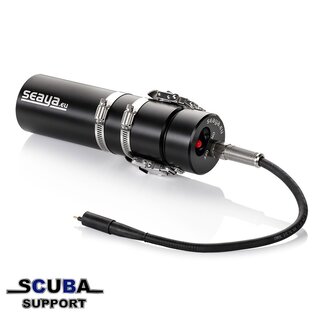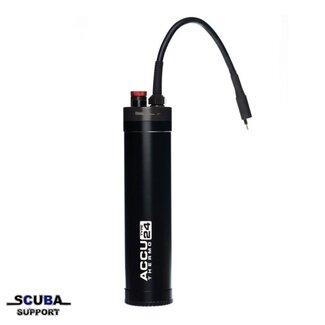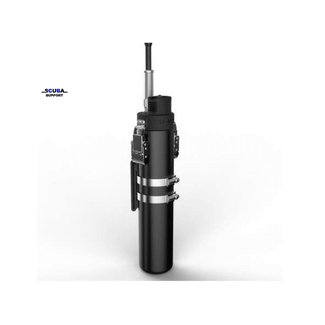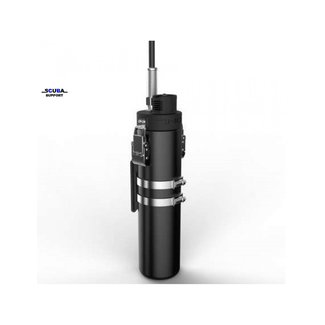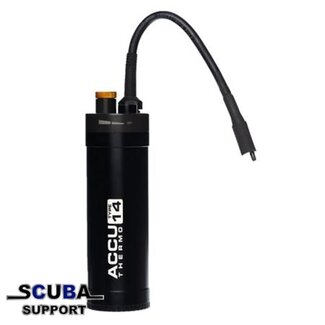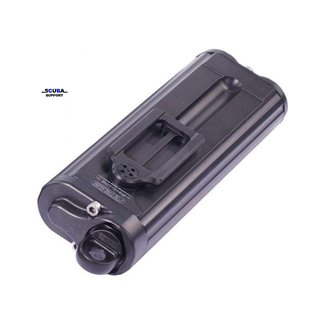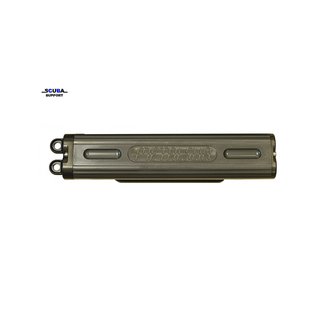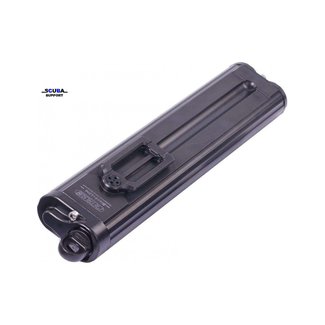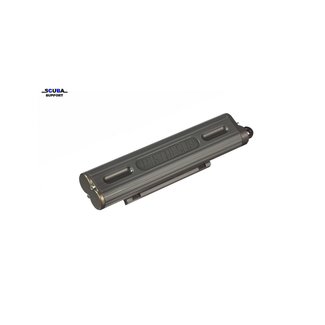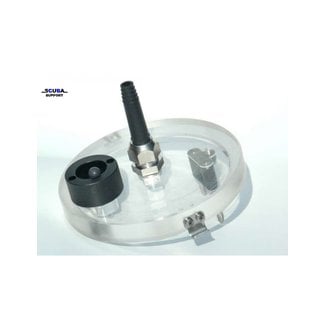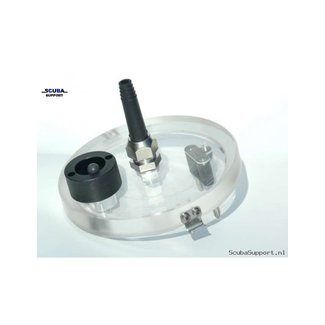Nowadays, almost everything has a rechargeable battery, and that also applies to many diving materials.
Think of diving lamps, diving computers, underwater cameras, oxygen analyzers, underwater scooters... they all (often) have a rechargeable battery.
At the beginning of the diving season, we at Scuba Support regularly receive customers with problems with this equipment and often the battery appears to be deeply discharged, but that can be prevented!
Batteries slowly drain, even when they are not being used!
Deep discharge means that the battery has drained below a certain level, that it will no longer charge when it is connected to the charger.
This often means the end of the life of this battery... and that it must be replaced.
With diving lamp and scooter batteries, this can be a costly joke, because they are often batteries with a large capacity.
What is the best thing to do now?
At the end of your dive, charge all your devices with a rechargeable battery, it is best to do this up to about 80% of the capacity, many modern chargers can read this by means of LEDs or a display.
By only charging up to 80%, batteries usually last for several charging cycles and are less stressed.
If you are not going to use it for a long time, store it in a dry and cool storage.
An unheated damp shed is often not a good place, because condensation can form on the battery contacts.
Also take some time to clean and grease the o-rings that provide the waterproof seal of your diving lamp, scooter, etc. and only put them back when you are going to dive again. This prevents it from being flattened by being locked up for a long time.
Also make sure that you always charge batteries when someone is nearby!
Most house fires nowadays are caused by charging equipment.
Check the status of your battery after 2 to 3 months and recharge it if necessary.
If necessary, set a reminder in your mobile phone calendar.
Lithium batteries for diving equipment have internal protection, so that they are protected against ignition and rapid energy release in the event of a short circuit, if they accidentally come into contact with (salt) water due to leakage.
Many cheap batteries do not have this, they can ignite or even explode if they fill up in salt water.

